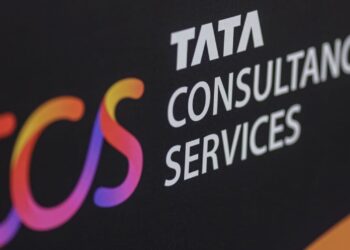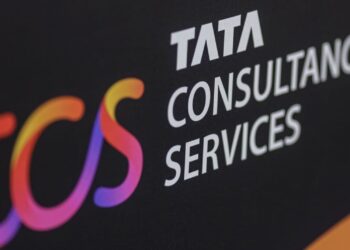The École Normale Supérieure (ENS-PLS), a French grande école and a university, the AI & Society Institute, and Capgemini have collaborated to establish a global Observatory focused on the environmental impact of Artificial Intelligence (AI) throughout its entire lifecycle—including training, fine-tuning, inference, and decommissioning. This initiative is designed to create a robust, standardized methodology that fosters sustainable practices in AI deployment.
The growing computational demand for these new uses is leading to an increase in its environmental footprint (in terms of energy and water consumption, as well as carbon footprint), making it necessary to systematically assess their impact and implement measures to mitigate them. A recent research paper from a Capgemini R&D team highlights that large generative AI models consume 4,600 times more energy than traditional models, with AI-related electricity usage potentially increasing 24.4 times in the most extreme scenario by 2030.
Addressing the environmental consequences of AI will entail a concerted, multi-stakeholder effort across the entire AI value chain, as highlighted in the recent findings.
The Global Observatory on AI’s environmental impact intends to address these challenges. It will bring together a diverse, multi-stakeholder community of international experts (academia, businesses and civil society), and will help to:
- Establish a robust, shared methodology for measuring the environmental impact of AI technologies;
- Create a global, open-access database where AI developers and researchers can contribute with data on the environmental performance of their models, fostering transparency and collaboration between businesses and research circles;
- Promote sustainable AI practices;
- Provide strategic analysis and disseminate knowledge;
- Bring together key stakeholders.
“At the ENS-PLS, we firmly believe that research and action must go hand in hand to drive positive change in our societies,” explains Anne Bouverot, Chairwoman of the ENS-PLS Board of Directors.
“This Observatory is the bridge between the two and is part of our commitment to provide informed solutions to public and private institutions on artificial intelligence and its impact,” adds Marc Mézard, Chairman of the AI and Society Institute.
“Today, companies are looking for efficiency gains, yet very large AI models not only entail a significant environmental footprint, but also higher costs,” says Etienne Grass, Managing Director of Capgemini Invent France. “To harness the power of this technology responsibly, it is essential to put in place clear and transparent methodologies, and to work with all players in the AI value chain.”
Capgemini has previously produced several research reports on the implementation of sustainable AI, including a survey of 2,000 senior executives from major companies in 15 countries and a research paper that proposes an initial methodology for quickly estimating the environmental impact of a company’s AI-related business portfolio.
Also Read: Capgemini to acquire data management platform, SynitiAbout Ecole normale supérieure
At the same time a French grande école and a university, the Ecole normale supérieure provides in Paris, at the heart of the Quartier latin, excellent training through research, leading to various teaching and research professions, and contributes to train through research the senior executives of public administrations as well as of French and European companies. The ENS also defines and applies scientific and technological research policies, from a multidisciplinary and international perspective.
About the IA & Société Institute
The Institute for AI and Society, hosted by the École normale supérieure, was co-founded by Université Paris Dauphine, PSL, and the Abeona Foundation. Its mission is to promote the responsible development and use of AI by studying its interactions with society.
About Capgemini
Capgemini is a global business and technology transformation partner, helping organizations to accelerate their dual transition to a digital and sustainable world, while creating tangible impact for enterprises and society.




















